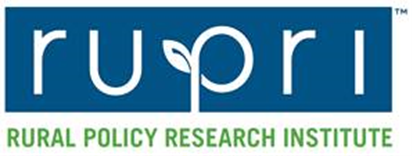Rural hospital executives are tasked with broader and more general functions than urban hospital executives who have greater resources to employ area-specific specialists. As such, rural hospital executives have developed and fine-tuned a different skill set than urban hospital executives. This study found four major themes from the many identified skill sets of the Critical Access Hospital (CAH) CEOs interviewed. These “best practices” likely helped contribute to the positive status of the CAHs interviewed and could also be a resource from which other CAHs could find utility.
For this study, the Flex Monitoring Team interviewed 14 CAH CEOs about their perspectives and experiences leading CAHs with a low risk of financial distress despite their operating environment. CEOs described their experiences with financial and quality issues, leadership roles, performance measurement, policy challenges, and community health.
This brief summarizes best practices related to tasks of daily operation, forecasting, and community health outcomes and to craft advice for other CAH CEOs.
This paper may be accessed here or on the Flex Monitoring Team website.



